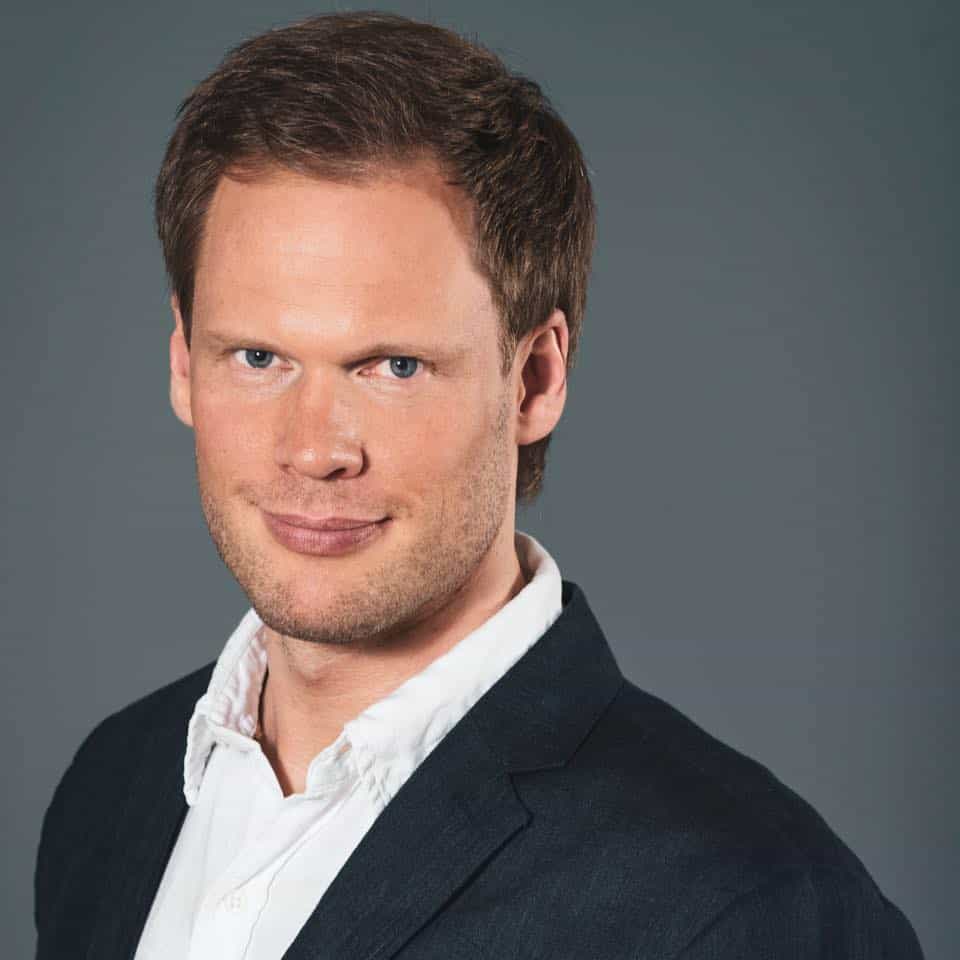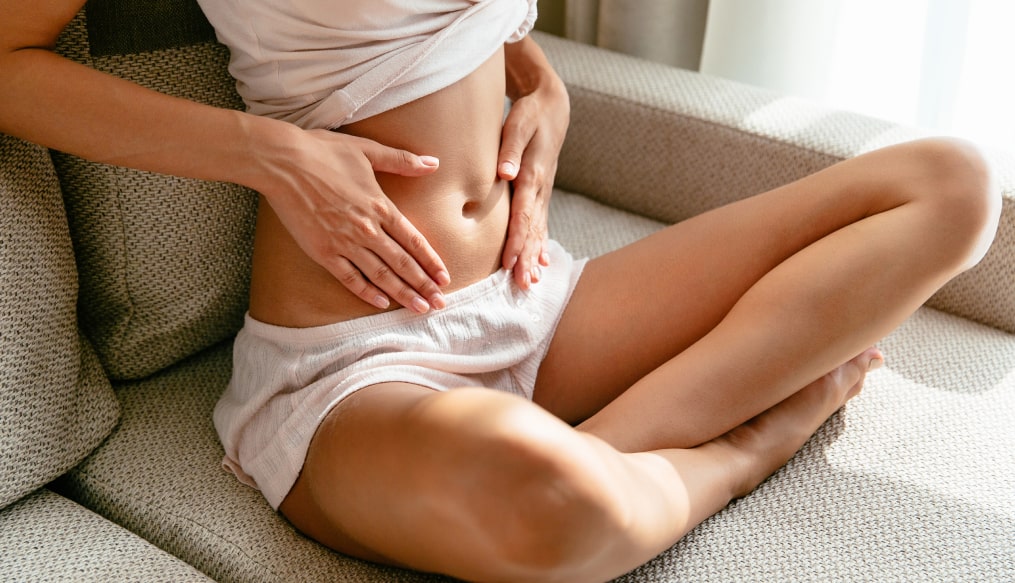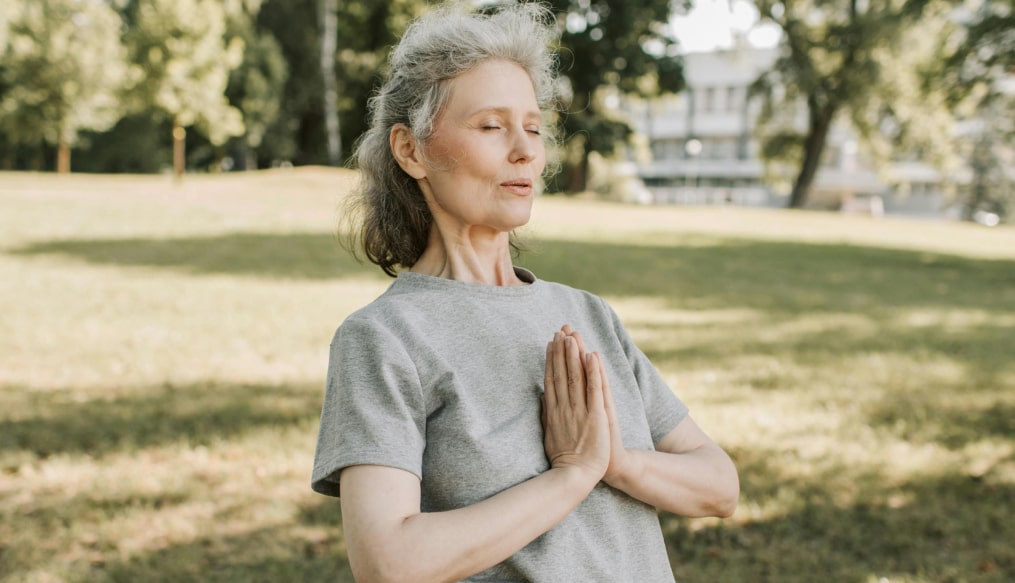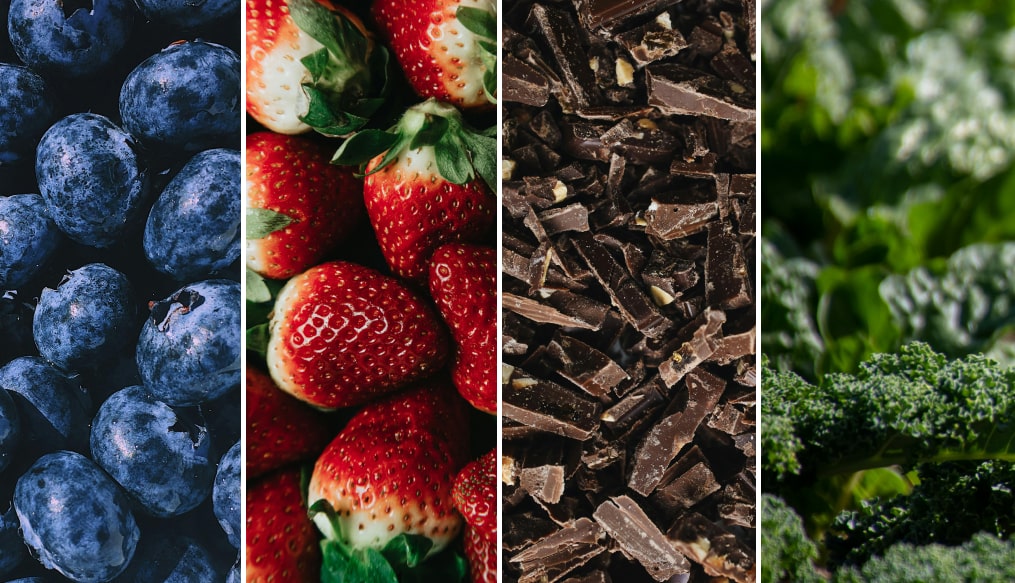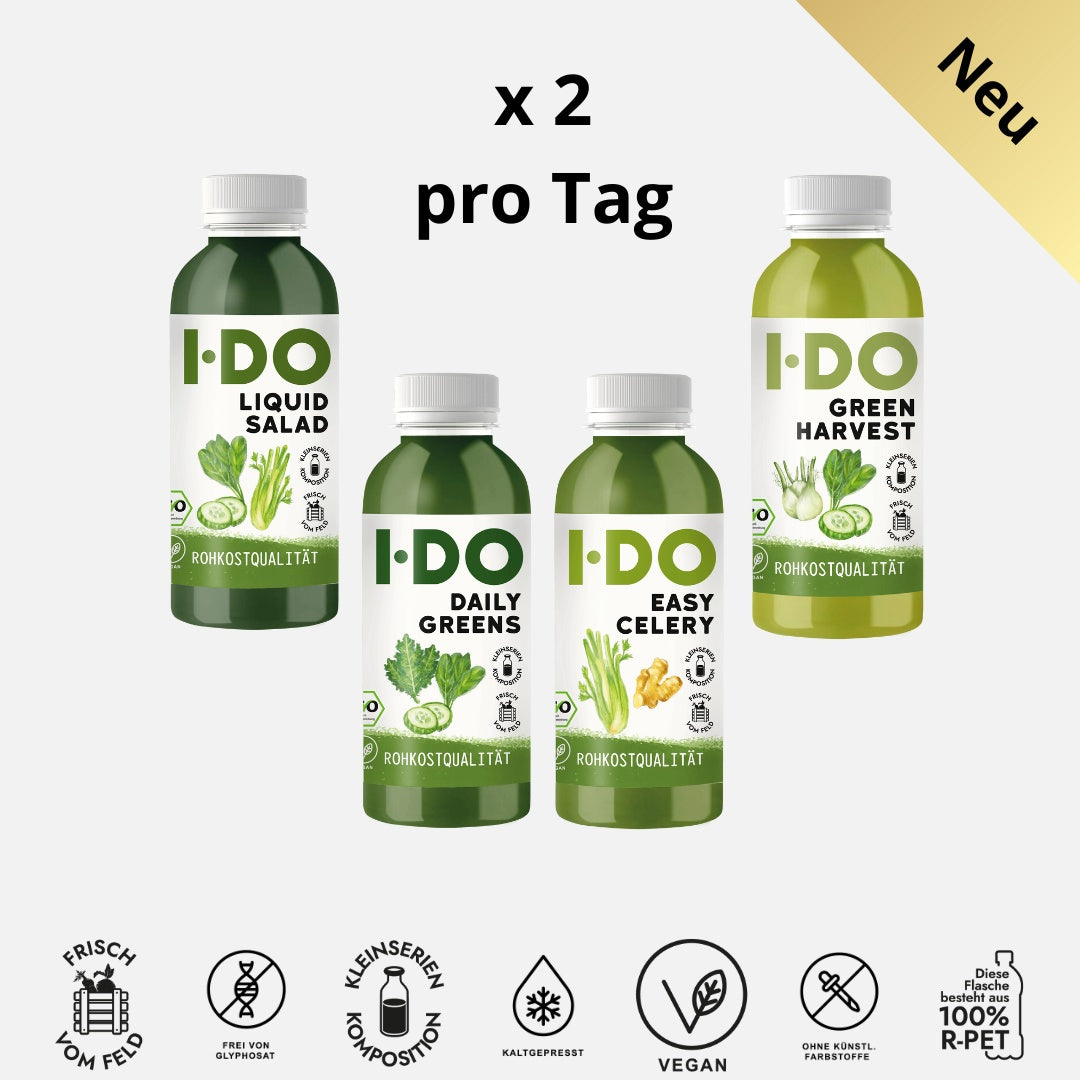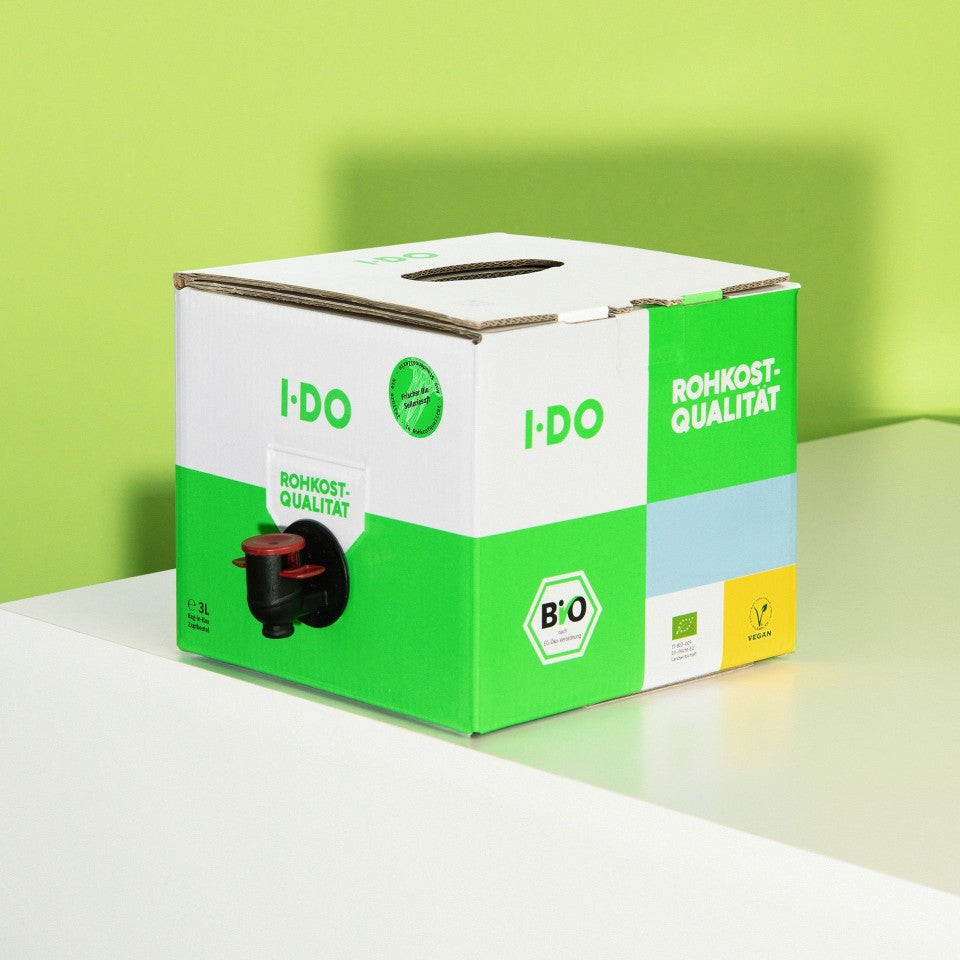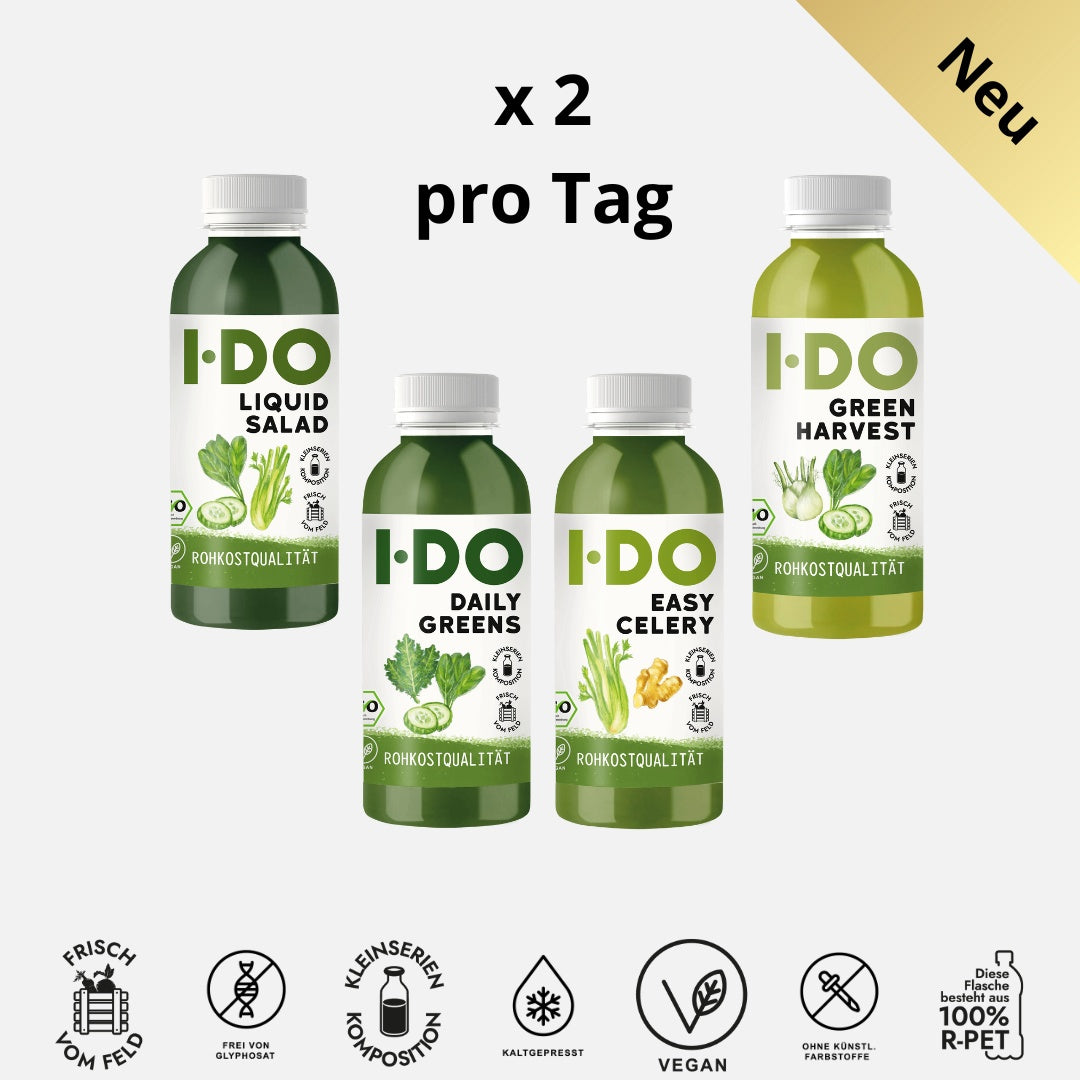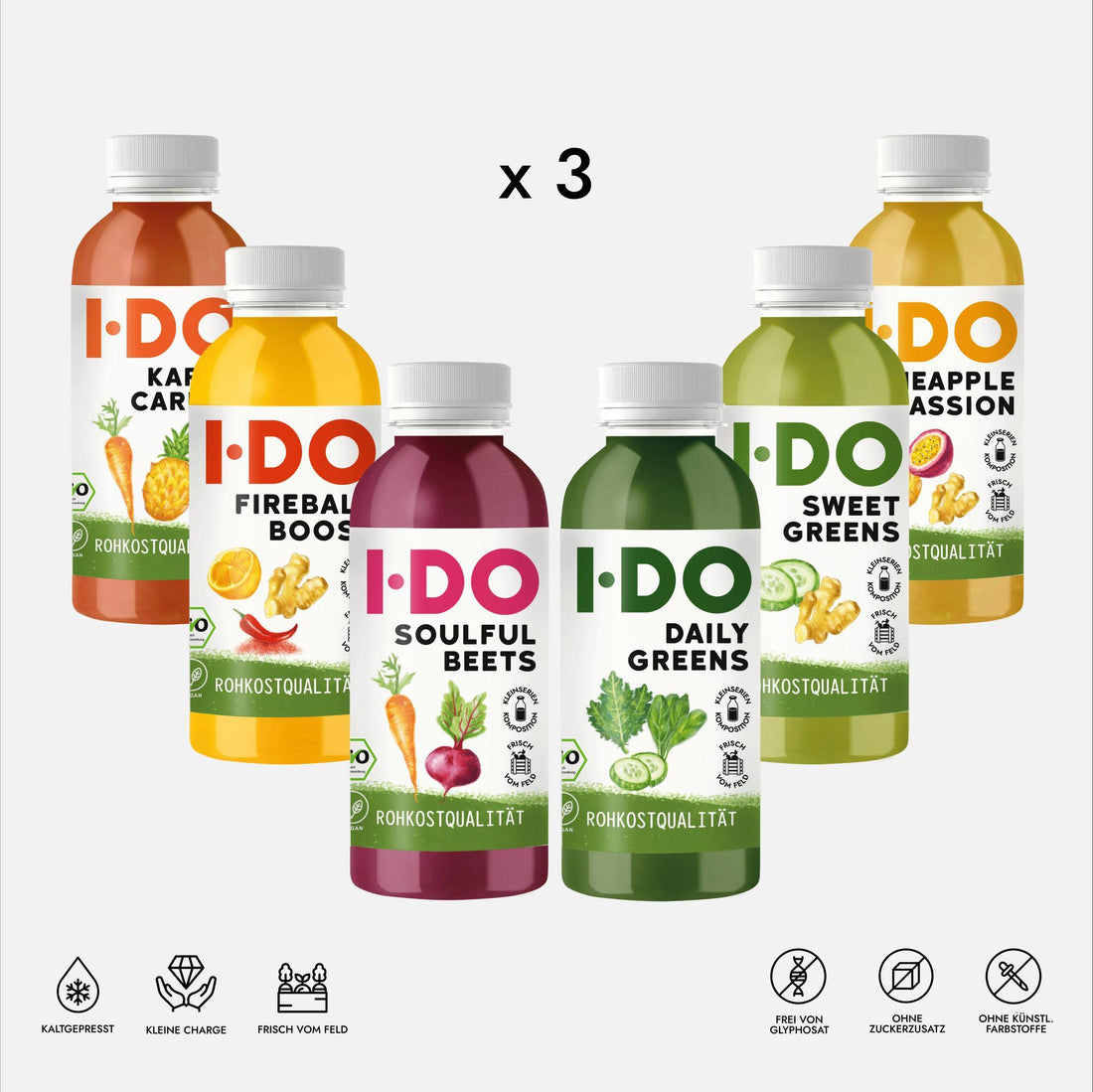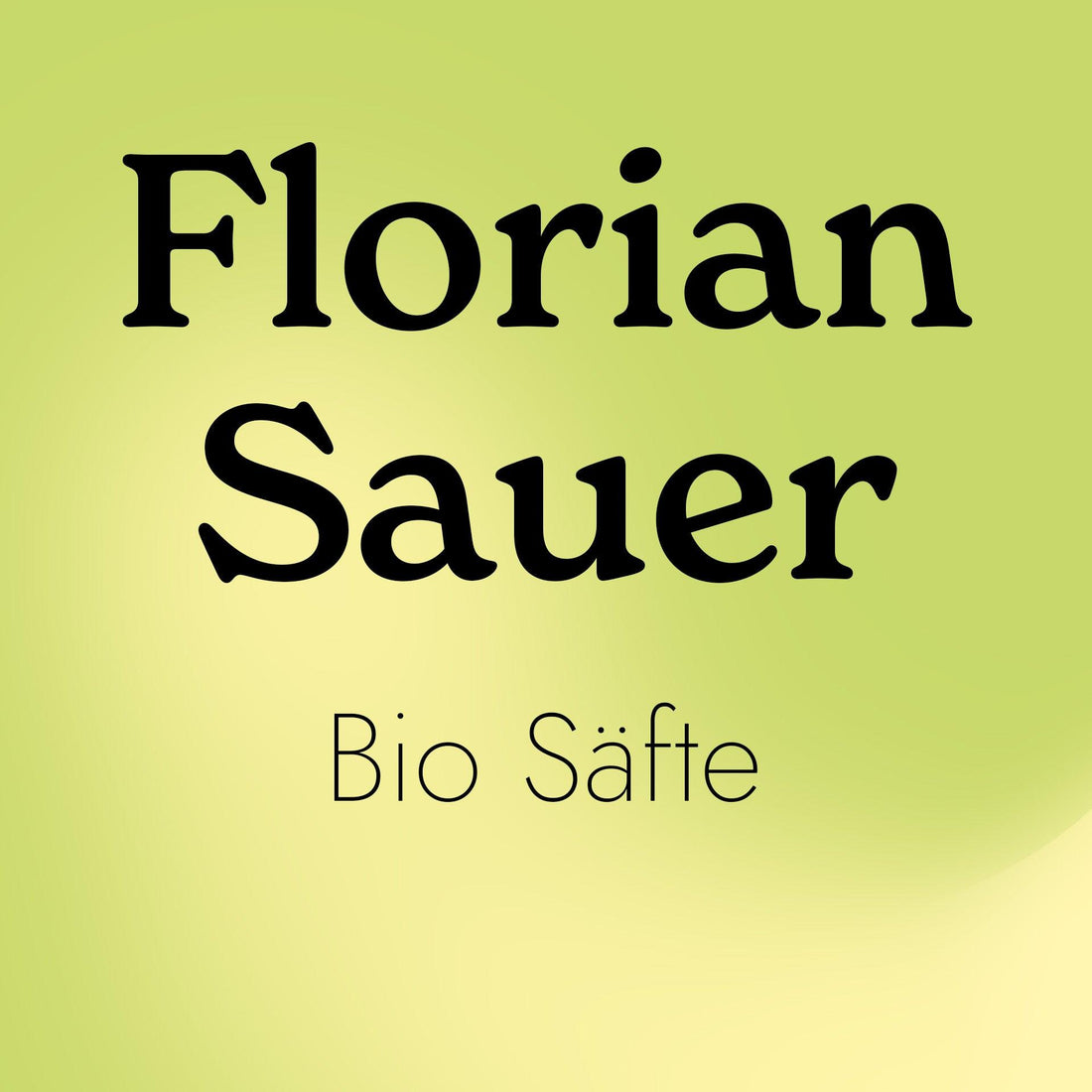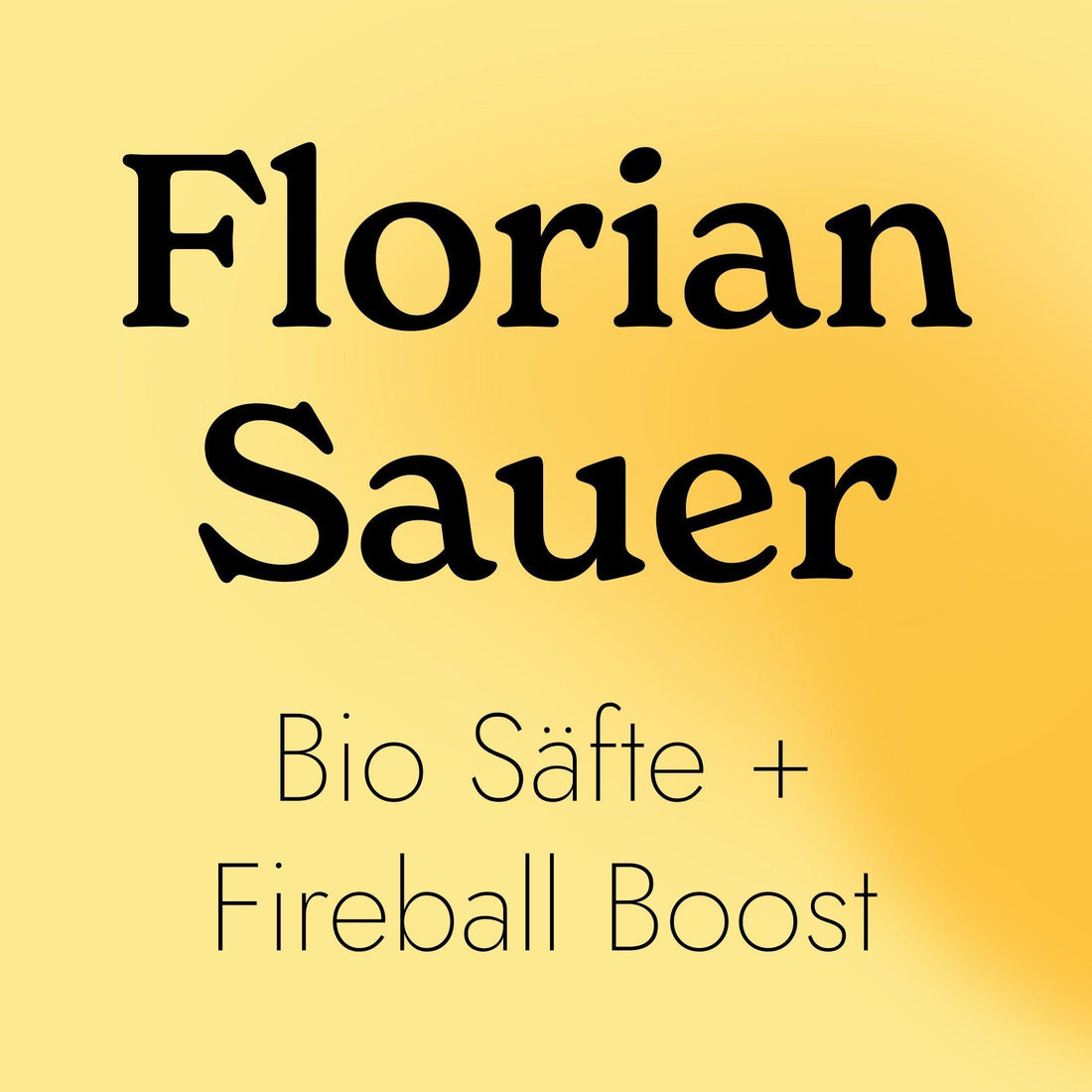A specialist in healthy nutrition, Dr. Malte Rubach studied nutritional science in Germany, Turkey, and the USA after developing a passion for nutrition as a competitive athlete in his youth. The nutritionist has been working on the topics of nutrition, health, sustainability, and innovation for over 15 years. He also has experience as an author. To date, he has published eight books on health and nutrition. These include "Healthy with Coffee" and "The 30 Best Tips for Your Diet."
1. What does healthy eating mean to you?
It's simple: you can eat anything and should eat anything, just not too much. Eat a balanced mix of everything you like, and ideally, cook it yourself whenever possible. This way, you're automatically on the safe side when it comes to healthy eating.
2. What was the basic idea behind the book “The 30 best tips for your diet”?
In 2016, I founded the "Reduction2020" think tank together with a few colleagues. We provide scientifically sound knowledge for food companies on the latest trends and challenges. We noticed that the same questions about what exactly constitutes a healthy diet keep coming up. This applies even to companies that are constantly striving to meet the tastes and needs of consumers. As I said, it's actually not that complicated, but due to the amount of inaccurate and often pseudoscientific information in nutrition books, magazines, and YouTube videos, many people are completely confused. The more people believe this, the more products are developed and produced for them. Everything in the supermarket reflects customer needs. A full-range supermarket now offers 30,000 to 40,000 food items, which makes choosing a difficult task when you also have to follow 1,000 rules. That's why the 30 best tips are truly the simplest things a person needs to know in order to eat healthily without much effort. Without any hocus-pocus or complicated science behind it. Because that doesn't sound particularly exciting for a major publisher, we initially released it as a self-publishing project.
3. What is your top tip?
"Keep it simple," or better yet, tip number 6: "Never shop wrong again." We recommend limiting your food choices to a fixed range. Consider that the emergency food supply recommended by the German Federal Ministry of Food and Agriculture (BMEL) consists of just 48 food items. We don't need more than that to survive for 14 days. This list is the best guide for your weekly shopping. If you simply stick to it and swap out your food from time to time, try new recipes, and vary things a bit, you'll automatically find yourself walking through the supermarket with fresh produce and without much distraction.
4. What is your personal tip for starting a diet change?
The most important thing is competent advice. This means that everyone should first analyze their own situation and goals. This works best with a nutritionist who has an outside perspective. But be careful: Anyone can call themselves a nutritionist because it's not a protected professional title. There are also countless charlatans out there who simply want to sell you a nutritional supplement or who simply have no idea and can only offer tips based on their own experience. If someone offers you a nutritional supplement without first undergoing personal consultation combined with blood and body value measurements, you should stay away immediately. No matter how great it sounds, it's usually just a sales pitch. The best place to find a certified nutritionist is your own health insurance company; you can trust them with a clear conscience. And from then on, it's all about implementation, ideally with regular feedback from the consultant and also in group sessions; that keeps motivation high. If health problems are involved, a doctor will of course be consulted, which is absolutely necessary. So my tip: competent support from the beginning, this increases the chances of success immensely and is often even covered by health insurance.
5. Healthy eating: OK. But do you ever indulge in something unhealthy?
No, never, because there are no "unhealthy" foods. There's just too much of one or the other. Even with water, you can drink yourself to death, just like with alcohol.
6. How did you become interested in coffee? Was there a specific reason?
Yes, at the time I was doing my master's thesis in biomedical research at an institute in California. It was all very exciting, but a long way from my passion for food and nutrition. When I was looking for an interesting field of research for my doctorate, I came across the topic of "coffee and its effect on gastric acid secretion." From that point on, I never strayed from the subject of coffee. I've already written two books on the subject, and funnily enough, I didn't drink any coffee during my research. That only came after I met my wife, who is from Brazil. Nothing works without coffee, and then I finally had my first real cup of coffee in Rio de Janeiro.
7. What constitutes a healthy lifestyle for you?
In my book "Die Ich-Ernährung" (The Self-Nutrition) I sum it up with the 4Gs: enjoyment, balance, contentment, and serenity. The latter is especially important because there is a lot of scaremongering and fear-mongering going on, especially when it comes to health and nutrition. A lot of money can always be made from this if a saving grace is offered at just the right time. Contentment speaks for itself, and being in balance means that everything is connected. If we change something on one side, something else in our body automatically changes. By treating ourselves and the environment with care, everyone can only win. And of course, enjoyment is essential; that's how we are as humans. But conscious enjoyment counts here too. Take your time, feel and use your senses. And stop when it's at its best; then you'll look forward to the next time all the more.
8. You were a great support to us in creating our Feel Good booklet. What message do you want the booklet to convey?
The Feel Good Booklet is all about this healthy lifestyle. Ultimately, many people today don't have the time for a balanced diet. And, as already mentioned, the market is huge and there are many providers of "healthy food". They promise to use only the best and freshest ingredients, the gentlest processing methods and, of course, to deliver the best taste. And to be honest, anyone who knows anything about food technology knows that even heat treatment of fruit juices can impair the nutrient content. Flavors and aromas also suffer. The booklet addresses these topics, explains the background to high-pressure pasteurization , which does not require heat, and why choosing organic fruit and vegetables makes sense in the long term. None of this is really new, but quality costs money. So some education was needed.
9. Who is the Feel Good Booklet aimed at and how can it be integrated into everyday life?
This booklet is aimed at anyone interested in a healthy diet. Nothing more, nothing less.
10. How important is “organic” to you in your everyday life?
Very important. We buy organic and regionally produced food whenever possible. I'd like to emphasize that this doesn't necessarily mean it's healthier than conventionally produced food. However, by adhering to organic farming guidelines, certain agricultural chemicals and medications are simply not used, and this reduces residues in our environment in the medium to long term. So, you're making a double contribution to your health, now and for the future.
11. How can healthy eating be combined with stress (work, family, etc.)?
There's only one thing that helps: set clear guidelines for shared meals, for which everyone must make time. It must be possible to eat together once a day. Otherwise, something is wrong with the social and professional environment, which will ultimately lead to a fiasco. Food is a basic need, followed directly by social needs. The two belong together, so you should address this immediately if it isn't already the case.
12. What was the most exciting discovery you made during your years of research?
That you only gain the greatest insights when you question your own views. And my wife always says "contra fatos não há argumentos". In Portuguese that means "There are no arguments against facts". Often too much opinion is presented as fact, leading the debate in an emotionally charged direction that makes solutions increasingly difficult. Then the loudest shouter with the simplest solution often wins people's attention, which is fatal. Everyone should be their own researcher, observe themselves and their environment and draw their own conclusions, talk about it with as many people as possible, read books, watch documentaries and videos. Then they will get pretty close to the "truth".
13. What projects are planned for the near future?
New book projects, research and good food.
14. What advice would you give to people who want to change their diet?
At least as important as competent advice is believing in yourself and being convinced that you can do it. Then you will!


